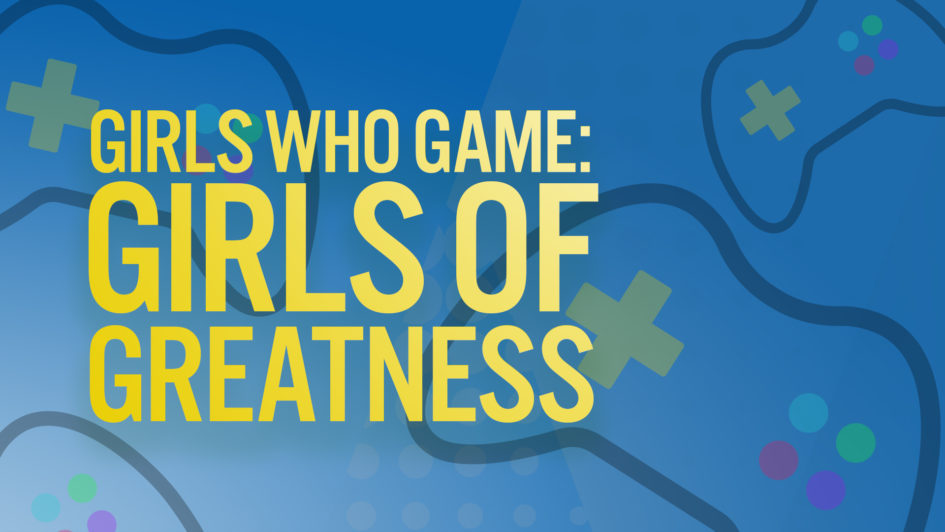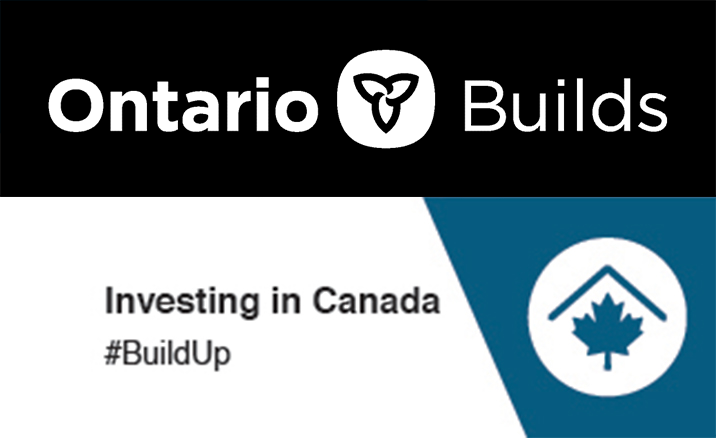
June 21st, 2022
Students in the Waterloo Region District School Board (WRDSB) Elementary Remote Learning School (ERLS) are coming together in a virtual space to learn more about the opportunities available to them in science, technology, engineering and math (STEM). Samantha Lammert, a Grade 6 teacher in the ERLS, runs the Girls Who Game club, also known as the Girls of Greatness. Lammert has a passion for STEM, and jumped at the opportunity to get involved in the program offered by Dell Technologies.
“I said ‘this sounds right up my alley,’” said Lammert.
Girls Who Game focuses on supporting those who are under-represented in STEM, explained Lammert, including students who are female and who identify as female. It aims to offer students the chance to take a look at the pathways available to them.
“Girls Who Game gives girls the opportunity to learn more about STEM at a younger age,” said Lammert.
Embry, one of the students in the club, explained what this opportunity meant to her.
“My favourite part of Girls Who Game was feeling like I had a safe space. I had a space where people were exactly like me, and I felt safe sharing my thoughts here, because no other girls that I really knew were into engineering or building things,” said Embry. “I finally have a small, little community, a small little group that I can talk to about this stuff.”
This year, the students are using MinecraftEdu (Minecraft Education Edition) to show their work. With the students and Lammert sharing the same virtual space in the game, there are a multitude of learning opportunities, from collaboration, to team building, to exploring ideas and topics in the curriculum. MinecraftEdu also allows students to provide written explanations of their thinking, alongside their work, allowing Lammert to monitor their progress and provide feedback as they go.
“I can see their learning in real-time,” said Lammert. “For me, it’s about increasing those global competencies. Getting those problem solving skills, collaboration, learning how to communicate with people. Those are the skills that I’m seeing improve through this program.”
The students noticed this learning, too. Embry learned the strength in working together on a common goal.
“There’s a ton of different perspectives and a ton of different ways to solve one problem. There’s not only one solution and it’s not only you, always by yourself,” said Embry. “You can collaborate with other people and pitch in certain ideas to make the perfect solution.”
The experience for students goes well beyond learning, though. The eight students in the group have built new friendships with like-minded peers and discovered newfound confidence in sharing their voices.
“Since I’ve been in Girls Who Game, I’ve noticed I’m more confident in my opinion and I’m happy to share my ideas with other people,” said Aparna.
“My favourite part of Girls Who Game was getting to know all the other girls that are in this group. It’s bonding, I guess,” said Phoenix. “That’s what I like.”
“It’s a great place to share your feelings about gaming and also meet some cool people,” said Kayleigh.
““Being a part of Girls Who Game makes me feel happy and really connected with who I am. And connected with other people that are like me. It makes me feel really safe and happy, and it gives me a little bit of joy in my day,” said Embry.
This year, all students in Girls Who Game clubs are working on a challenge related to the United Nations Sustainable Development Goals. Specifically, they’ve been tasked with analyzing an industry and thinking of creative ways to make it more sustainable. Then, they build their proposal in MinecraftEdu.
“They are building a facility that collects used crayons, and markers that have lost their caps, and makes them into something new,” said Lammert.
Hear from the Girls of Greatness about their build:
The recent expansion of the WRDSB’s elementary Chromebook program means that every student in Grades 6 to 12 has their own device. This ensures equitable access to devices which are important for learning, student achievement and well-being. Lammert explained this made starting the program much more straightforward.
“All my students had to do was download Minecraft onto their device,” said Lammert. “It meant we were able to focus more on the programming, rather than the logistical part of it.”
Students in the club will also receive a virtual visit from a mentor who works in the STEM field. They will provide feedback on their project and share about their journey in their education and profession.
Lammert encourages any interested teachers to give it a try. There are many supports available from Girls Who Game, MinecraftEdu and in the WRDSB to make it happen. Ultimately, the best part is the opportunity and experiences you’ll be able to offer students.
“It’s going to be magical.”
About Girls Who Game
Girls Who Game is an extracurricular program created by Dell Technologies with partners Microsoft and Intel. It provides an opportunity for underserved students across North America to learn about science, technology, engineering, and mathematics (STEM) through gaming. The players learn such skills as computational and critical thinking, communication, collaboration, creativity, problem-solving, and innovation. The players are empowered to become leaders in STEM related fields.
Learn more about Girls Who Game.
Categories: Feature Tags: chromebook · Girls Who Game · GWG · STEM

